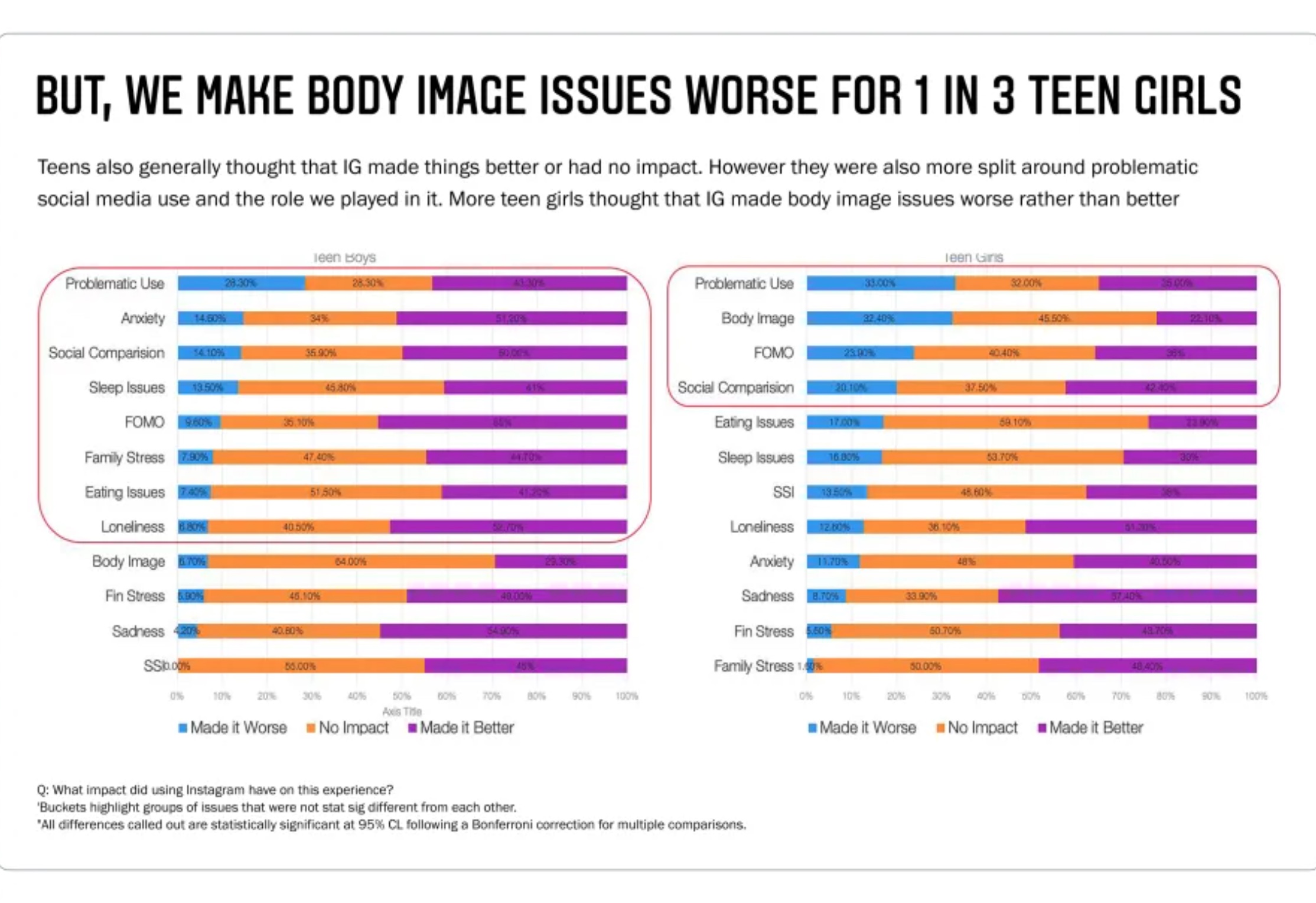Tesla decided to take a rather bold step this week. Despite concerns from the National Transportation Safety Board, it has decided to make its fully autonomous driving program even more accessible to drivers who apply to participate and meet pre-determined conditions. In the second part of today's summary, we will talk about Facebook, which is defending itself against accusations that Instagram should harm young people.
It could be interest you

Tesla is making its fully autonomous program available to more drivers
Despite concerns from the National Transportation Safety Board, Tesla decided this week to make a beta test version of its Full Self-Driving (FSD) program available to even more electric car owners via a special button on the displays on the dashboards of the mentioned cars. Owners of Tesla electric cars will be able to submit a request for access to the FSD program using a button, but Tesla will not grant access across the board.
Before individual drivers are granted access to the program, Tesla will first carefully review their safety scores. This score is evaluated based on a total of five criteria, the result of which is an estimate of the degree of probability with which a given driver's driving could potentially lead to future car accidents. When determining this score, data from the car's sensors is used to evaluate, for example, the rate of occurrence of collision warnings, hard braking, aggressive cornering, dangerous overtaking and other phenomena. In information about participating in the beta testing of the FSD program, Tesla does not specify a specific score that drivers must achieve to participate in the program. Tesla also points out that the FSD program itself does not make its electric cars fully autonomous vehicles – even within this program, the driver must always have full control over his car under all circumstances. But the FSD program is a thorn in the side of the already mentioned National Transportation Safety Board, whose management is appealing to Tesla to first consistently solve the basic safety problems of its cars before fully expanding this program.
Instagram is not toxic, says Facebook management
The Wall Street Journal published a report earlier this month, according to which the social network Instagram creates unhealthy body image ideas for an average of one in three teenage girls. The aforementioned survey was based on Facebook's own data, but representatives of Facebook now claim that the way in which The Wall Street Journal reporters evaluated said data is inaccurate and accuse them of misinterpreting the data obtained.

The editors of The Wall Street Journal processed the news based on the huge amount of data from the Facebook documents that came to them as a result of the leak. According to the editors of the Wall Street Journal, Facebook was well aware that some of its services and applications harmed teenagers, and the company made little effort to do anything about these problems. In its articles, the Wall Street Journal also drew attention to the fact that many young people feel addicted to Instagram. Pratiti Raychoudhury, Facebook's vice president and head of research, argues that the study relied on by the Wall Street Journal had only four dozen participants and was conducted solely for internal purposes.







It is really appealing for Tesla to explain to the driver what the "fully autonomous system" means. And "The NTSB chief was also displeased that the company was conducting testing of the unfinished product with untrained drivers on public roads in lieu of safety professionals." so here I would stand up for the office, which says that Tesla is making a test highway out of roads. And that it is not even now a fully autonomous car according to the California definition. I wonder how the apple car is doing.
Source https://www.cnbc.com/2021/09/25/tesla-drivers-can-request-fsd-beta-with-a-button-press-despite-safety-concerns.html?&qsearchterm=tesla